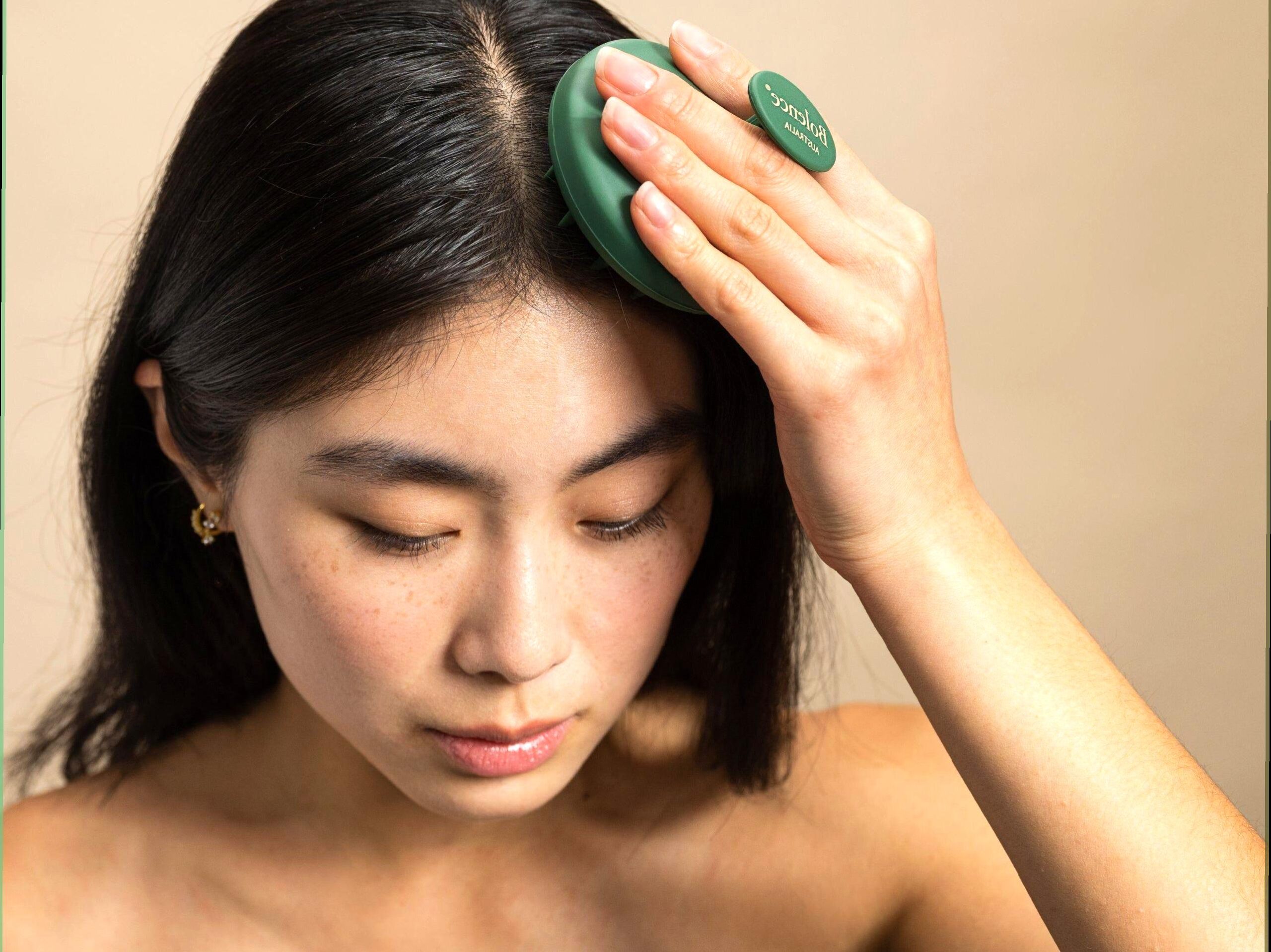Maintaining a healthy scalp is crucial not only for hair growth but also for overall well-being. A well-nourished scalp promotes healthy hair, prevents various scalp conditions, and can even impact self-esteem. This article explores the significance of scalp health and provides insights into how to maintain it effectively.

Understanding Scalp Health
Scalp health refers to the condition and well-being of the skin on your head. Like the skin on the rest of our body, the scalp requires proper care to remain balanced, hydrated, and free of irritants. Poor scalp health can lead to various issues, including dandruff, itchiness, inflammation, and even hair loss. Moreover, a healthy scalp functions as the foundation for optimal hair growth, as it supports the hair follicles that produce and sustain hair. Thus, understanding the components of scalp health becomes essential for anyone seeking luscious locks.

Common Scalp Issues
Several conditions can affect the health of your scalp, and familiarity with them is beneficial. Here are a few prevalent scalp issues:
- Dandruff: The most common scalp condition characterized by flaking and itching, often triggered by dry skin or fungal infections.
- Psoriasis: A chronic autoimmune condition that leads to red, scaly patches on the scalp, causing discomfort and shedding.
- Seborrheic Dermatitis: This oily condition results in inflammation and greasy flakes and can lead to serious embarrassment and anxiety.
- Folliculitis: An infection of hair follicles that can result in red bumps, itchiness, and tenderness.
- Scalp Acne: Not limited to facial skin, acne can develop on the scalp due to clogged pores, often caused by excess oil and bacteria.
Being aware of these common concerns can aid in early detection and treatment, ensuring a healthier scalp and hair.

Benefits of a Healthy Scalp
A healthy scalp offers a myriad of benefits that extend beyond just having good hair. For starters, maintaining a balanced scalp environment encourages healthy hair growth, as follicles thrive in a clean and nourished setting. Additionally, a healthy scalp can help mitigate irritation and discomfort, enhancing overall comfort in daily life. Furthermore, scalp health plays a significant role in self-esteem; many individuals experience a boost in confidence when their hair looks and feels good. Regular care and attention to the scalp can also prevent future hair loss, which is not only costly but can be emotionally taxing. In essence, a well-cared-for scalp is fundamental for both aesthetic appeal and mental well-being.

How to Maintain Scalp Health
Maintaining a healthy scalp does not have to be complicated. Follow these straightforward steps to ensure your scalp remains in optimal condition:
- Regular Cleansing: Use a mild, sulfate-free shampoo to wash your hair at least 2-3 times a week, preventing oil and dirt build-up.
- Exfoliation: Gently exfoliate your scalp once a month to remove dead skin cells, promoting scalp renewal.
- Moisturization: Apply a lightweight oil or moisturizer to keep the scalp hydrated, particularly in dry weather.
- Balanced Diet: Eat foods rich in omega-3 fatty acids, vitamins, and minerals that support scalp health, such as nuts, fish, fruits, and vegetables.
- Avoid Harsh Products: Steer clear of products containing alcohol and sulfates that can dry out and irritate the scalp.
By adopting these habits, you can actively contribute to your scalp’s health and, subsequently, the health of your hair.
When to Seek Professional Help
While many scalp issues can be efficiently managed at home, there are times when professional guidance is essential. If you experience severe itching, persistent redness, or visible changes in your scalp condition that do not improve with at-home care, it might be time to consult a dermatologist. Additionally, if you notice excessive hair loss or thinning hair that causes concern, seeking professional advice can help identify underlying causes and appropriate treatments. Remember, your scalp is an essential component of your overall health, and addressing issues sooner rather than later can lead to better outcomes. Moreover, professionals can prescribe specialized treatments that might not be available over the counter, ensuring effective management of the condition.
Conclusion
In conclusion, the importance of scalp health cannot be overstated. A well-maintained scalp serves as the foundation for vibrant hair and overall confidence. By recognizing common scalp issues, understanding the benefits of maintaining a healthy scalp, and implementing effective care routines, individuals can enhance both their hair quality and self-esteem. Remember to pay attention to signs of distress and seek professional assistance if needed, as your scalp deserves as much care as the rest of your body.
FAQs
It is generally recommended to wash your scalp 2-3 times a week with a gentle shampoo. However, this may vary based on your hair type and lifestyle factors.
2. Can stress affect my scalp health?
Yes, stress can negatively impact scalp health by exacerbating conditions like dandruff and contributing to hair loss. Managing stress through relaxation techniques can be beneficial.
3. Are there specific foods that promote scalp health?
Foods rich in omega-3 fatty acids, vitamins A, C, D, and E, and minerals like zinc and iron are beneficial. Incorporating fruits, vegetables, nuts, seeds, and fish into your diet can support scalp health.
4. How do I know if I have a scalp condition?
Symptoms such as persistent itching, redness, flakes, or hair loss may indicate a scalp condition. If symptoms persist, consult a dermatologist for a proper diagnosis.
5. Can I use essential oils for scalp health?
Yes, certain essential oils, such as tea tree oil and peppermint oil, can promote scalp health. However, always dilute essential oils with carrier oils before application and perform a patch test to avoid irritation.
